Important perspectives for policy makers
Speaking to the press on May 28, Ms. Nguyen Thu Thuy, Director of the Department of Higher Education, Ministry of Education and Training, acknowledged that in the discussion about literature in the medical admissions group at some private universities, experts and medical training schools have spoken out on this professional issue, which is very important and a very positive signal.
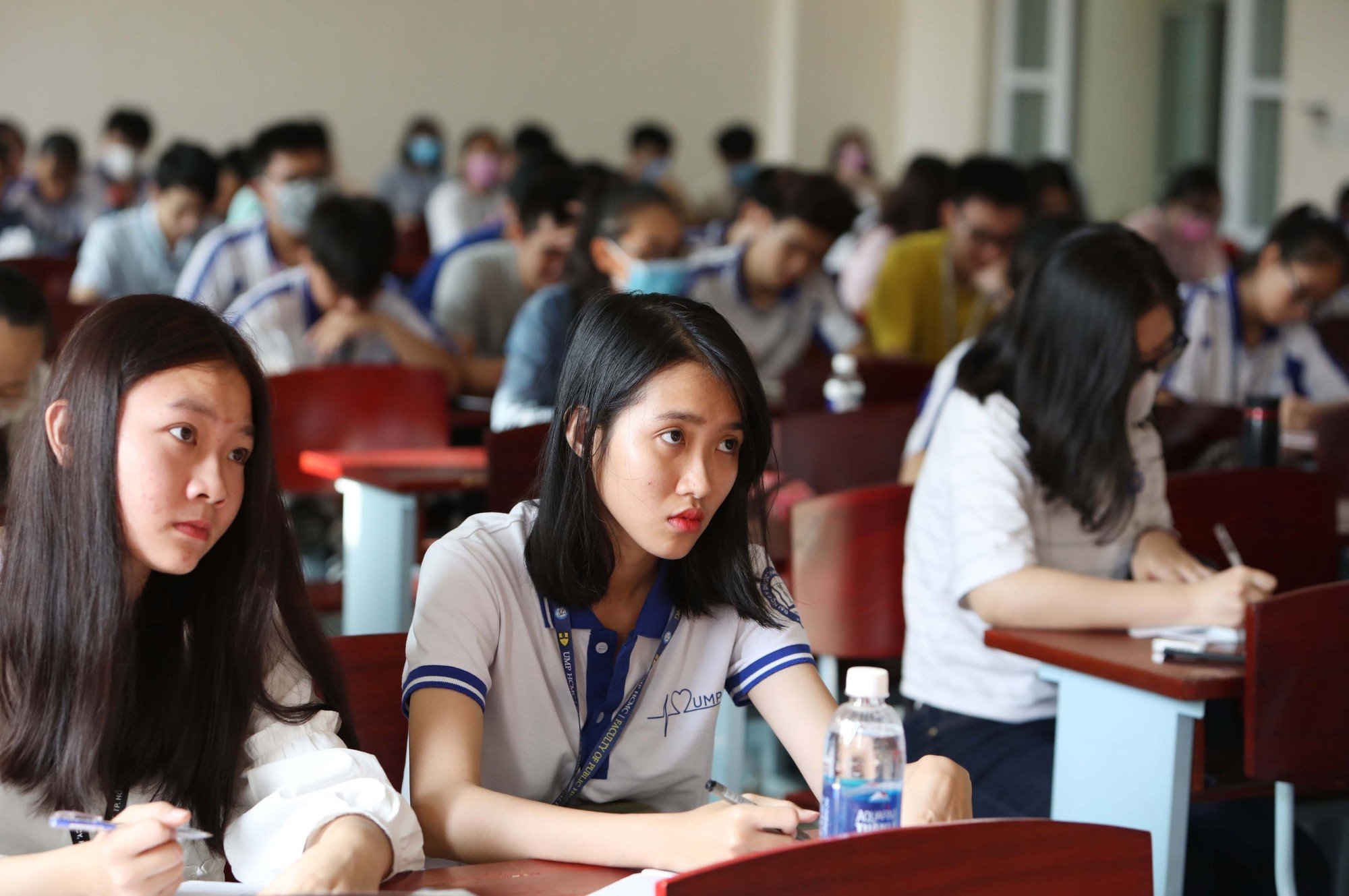
The Ministry of Education and Training said it will review all admission methods of schools and, if necessary, will require schools to explain issues of social concern.
According to Ms. Thuy, the criticisms from society, the community, the press, experts... and vice versa, the schools also exchanged and explained to society, to candidates, to state management agencies... all showed positivity, exuding the spirit of university autonomy, coupled with accountability. The above opinions are very important perspectives for policy-making agencies. The Ministry of Education and Training always listens and absorbs to be able to make policy adjustments suitable to the functions and tasks of state management.
Ms. Thuy also emphasized the particularly important role of the Ministry of Health in this issue when the Prime Minister assigned the Ministry of Health to take the lead in developing training program standards for the health sector.
Regarding the role of the Ministry of Education and Training, on June 22, 2021, the Ministry issued Circular No. 17 regulating training program standards, on developing, appraising and promulgating training program standards for all levels of higher education.
It clearly stipulates the training program standards of each industry and group of industries in each field (such as the health sector/sector developed by the Ministry of Health) and must include not only regulations on input standards, but also other requirements on quality assurance conditions and output standards for each field, group of industries, and training sector.
Ms. Thuy emphasized that the input standards of the training program must clearly define the minimum requirements for qualifications, capacity, and experience appropriate to each level, industry, and training orientation that learners need to meet in order to successfully study and complete the training program.
When regulating entrance standards, it is necessary to clearly define the requirements for knowledge, capacity, etc. of learners, which may include requirements for knowledge of subjects in the admission combination or entrance capacity assessment test.
Too low input will affect reputation and quality.
Ms. Thuy affirmed that training program standards are very important for specific training fields; when building these standards, there must be active participation and effective contributions from relevant parties, including representatives of training institutions, employers and professional associations, and experts in the specialized field.
In addition, it is also necessary to consult and compare with models, standards or criteria for training programs of related countries or international organizations; at the same time, ensure the autonomy in developing training programs of training institutions.
According to Ms. Thuy, the Ministry of Education and Training has also clearly stipulated that each admission method (which the training institution decides to use) must clearly specify the assessment and admission criteria and how to combine the criteria to classify, rank and determine the admission conditions for candidates according to the requirements of the training program and major.
Evaluation and admission criteria must be based on the requirements of basic knowledge and core competencies that candidates need to have to study the training program and major.
"After all, the most important factor that all stakeholders are concerned about is the training quality of the schools. Any school with an inappropriate form and method of enrollment, with a very low enrollment rate... will be affected in terms of its reputation, brand, and training quality, and in the long run, candidates will certainly not choose to study there," Ms. Thuy emphasized, saying that information channels and long-term consequences are expected to have a positive effect, helping schools self-adjust and improve.
Ms. Thuy said that the Ministry of Education and Training will review the overall admission methods of schools and, if necessary, will request relevant training institutions to report and explain issues of social concern.
Previously, as Thanh Nien reported, in recent days, public opinion has been stirred up about some universities including literature subjects in medical school admissions. Many experts in the field of university admissions and training in general, and in the medical field in particular, said that this was a "strange" combination for medical school admissions, and at the same time, they were concerned about the risk of not ensuring training quality.
Source link










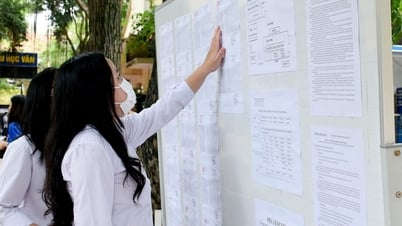

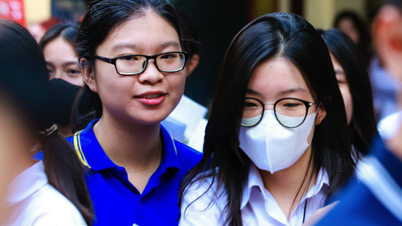

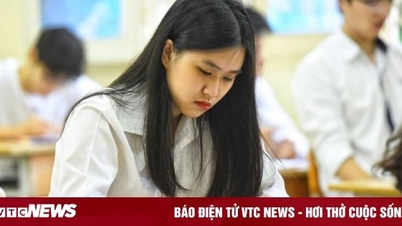

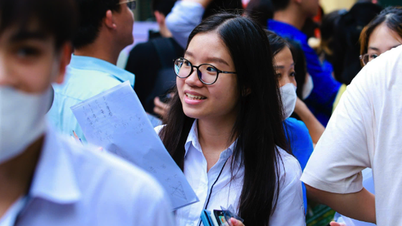

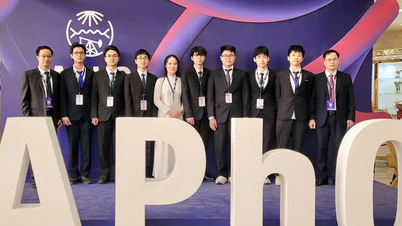

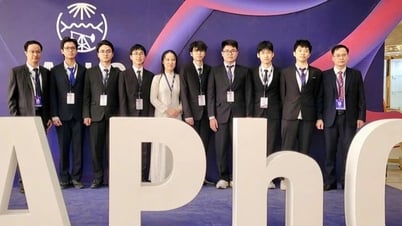
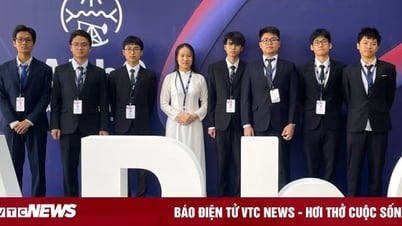


















































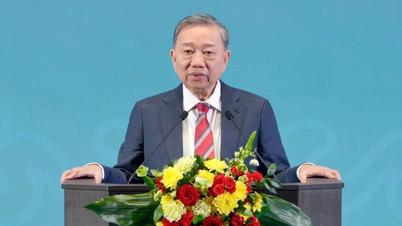































Comment (0)